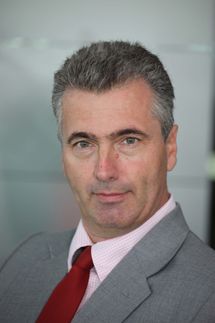Ticona Expands North American Compounding Capacity for PBT, PET, LCP, PPS, Acetal and Nylon 6/6 at Shelby and Florence Plants
Advertisement
Kelsterbach/Germany, August 22, 2002 - Ticona, the technical polymers unit of Celanese AG, has expanded its North American compounding capability by adding 20 percent more capacity at its plant in Shelby, NC, and 30 percent more capacity at its plant in Florence, KY.
The compounding facility in Shelby primarily creates glass-filled grades of polymers made at the site - Celanex(R), Riteflex(R), Vandar(R) and Impet(R) thermoplastic polyesters (PBT and PET) and Vectra(R) liquid crystal polymer (LCP) - and compounded grades of Fortron(R) polyphenylene sulfide (PPS) polymer made at Wilmington, NC.
The specialty processing facility in Florence compounds glass, minerals and other additives with the company's polyester, LCP and PPS products, as well as with Celcon(R) acetal copolymer and Celanese(R) nylon 6/6.
In expanding their compounding capabilities, both sites added higher-throughput, higher-capacity twin-screw extruders. The extruder at the Florence facility replaced by the higher-volume machine is being used to provide greater color concentrate production. "The capacity we've added to compound standard and custom grades of nearly all the polymers we manufacture makes us a much more versatile supplier with a more flexible production base," says Dave Postolowski, Ticona Global Operations Director. "The expansion will help us meet the future needs of our customers worldwide while giving us greater manufacturing capability."
Other news from the department business & finance

Get the chemical industry in your inbox
By submitting this form you agree that LUMITOS AG will send you the newsletter(s) selected above by email. Your data will not be passed on to third parties. Your data will be stored and processed in accordance with our data protection regulations. LUMITOS may contact you by email for the purpose of advertising or market and opinion surveys. You can revoke your consent at any time without giving reasons to LUMITOS AG, Ernst-Augustin-Str. 2, 12489 Berlin, Germany or by e-mail at revoke@lumitos.com with effect for the future. In addition, each email contains a link to unsubscribe from the corresponding newsletter.
























































